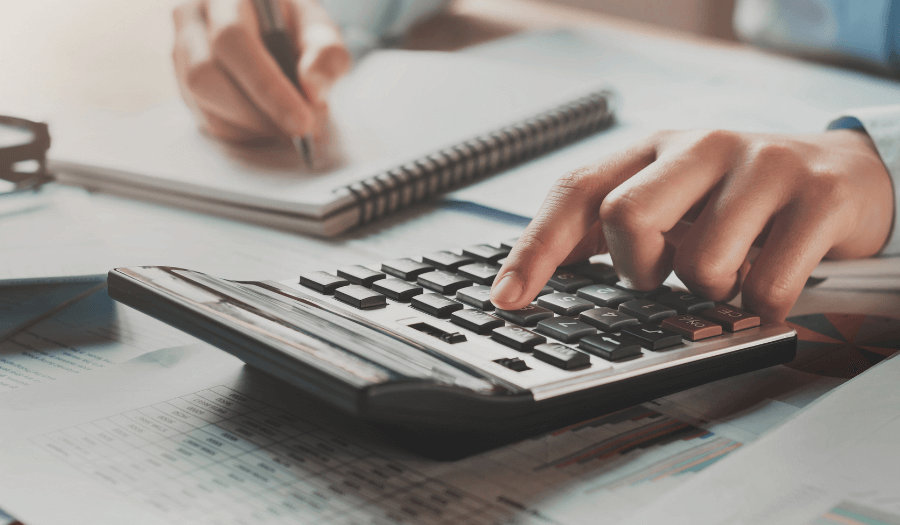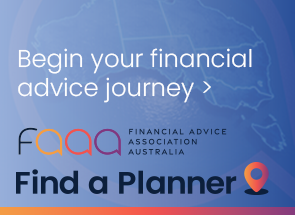Whether you’re running a business or a household, there’s one thing they both have in common when it comes to money – cashflow is king.
The fact is: If you’re not spending less than you earn, you will go into debt.
In the short-term, this may be manageable but if you stay in debt (or rack it up) it will snowball into a larger amount that could very difficult to pay off, and might have an enormous impact on your financial wellbeing.
Cash flow is vital to good wealth building
People building their wealth are often in the position of paying mortgages, raising children, paying school fees – the list is endless – and it’s often hard to manage cashflow.
Quite simply, a good cashflow comes from spending less than you earn after tax. “That’s a good start,” says Chris Smith CFP®, founding partner VISIS Private Wealth.
“The good old-fashioned idea of paying yourself first – to put money aside for strategy before lifestyle – is vital.
“Always put money away for a strategy before you start figuring out what your lifestyle should be, or what you want your lifestyle to be.”
Turn Instagram off and look inward for a while, and add some assets to your portfolio, he suggests.
Smith recently spoke to a young couple who were travelling around the world, posting highlights on Instagram and getting likes from their friends – at significant cost. He told them, the friends might be envious of you now but if you really want them to envy you, buy a house now and by the time you’ve got kids, if you own a house and they don’t, that’s really what envy will look like.
“Putting some money aside or getting it working for you first is the key to curbing some of your spending,” he says.
At the same time, Arch Capital managing director Nigel Baker CFP® says it’s important to build savings for a rainy day. Unless you have some money set aside, a large expense can throw your budget out and put you in debt. This might be a car accident (especially if you’re injured and can’t work for a short period), a leaky hot water system, a traffic fine, a broken fridge, or other large appliances – all the things you don’t automatically plan for.
Don’t build unnecessary debt
If you are not able to cover these expenses, you will likely end up in debt. And with interest growing your debt, it may be hard to pay back – and so the problem escalates.
It’s important to pay attention to cashflow and savings until it’s a habit or routine.
Knowing where your money is going is key, says Andrew Dunbar CFP®, Apt Wealth Partners director.
“No matter your age, if you know where your money is going and what you’re going to spend each year, it will help you in that discovery process of what’s important to you, and you can take some money from an area that’s less important to put it towards an area that’s more important to you.
“Working with an adviser, you can see straight away the impact that spending that extra money would have. They will help you look at that impact over time. Alternatively, you can try and do it yourself using various modeling tools.”
Pay yourself first then allocate the rest
Setting up a detailed budget is the first thing Dunbar does with his clients.
“We then direct them to pay themselves first with the surplus. For example, if the surplus is $1000 a month, we suggest they put it into debt repayments, investments, or super” he says.
After that, money is allocated to other areas such as bills, travel, loan repayments, and an emergency fund that equals about six months of income.
This budget should be reviewed every year to accommodate changes in your life and any responsibilities.
If you score an increase, Dunbar suggests a good rule of thumb is to save 50 per cent of every pay rise. “If you can do that, it’ll put you in a great position.”
The Money & Life website is operated by the Financial Advice Association (FAAA). The information in this article is not intended to influence the viewer to make a decision in relation to any particular financial product, class of financial product, or interest in either of these. The FAAA is not licensed to provide financial product advice. Nor is it able to provide legal or taxation advice. The FAAA does not assume responsibility for the information accessible via any links provided in this article. Please consider seeking advice from a qualified professional to ascertain how the information in this article and the links provided may relate to you.








